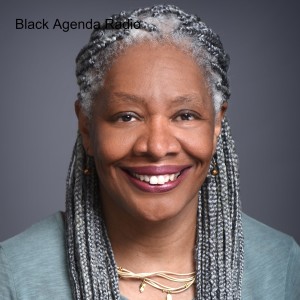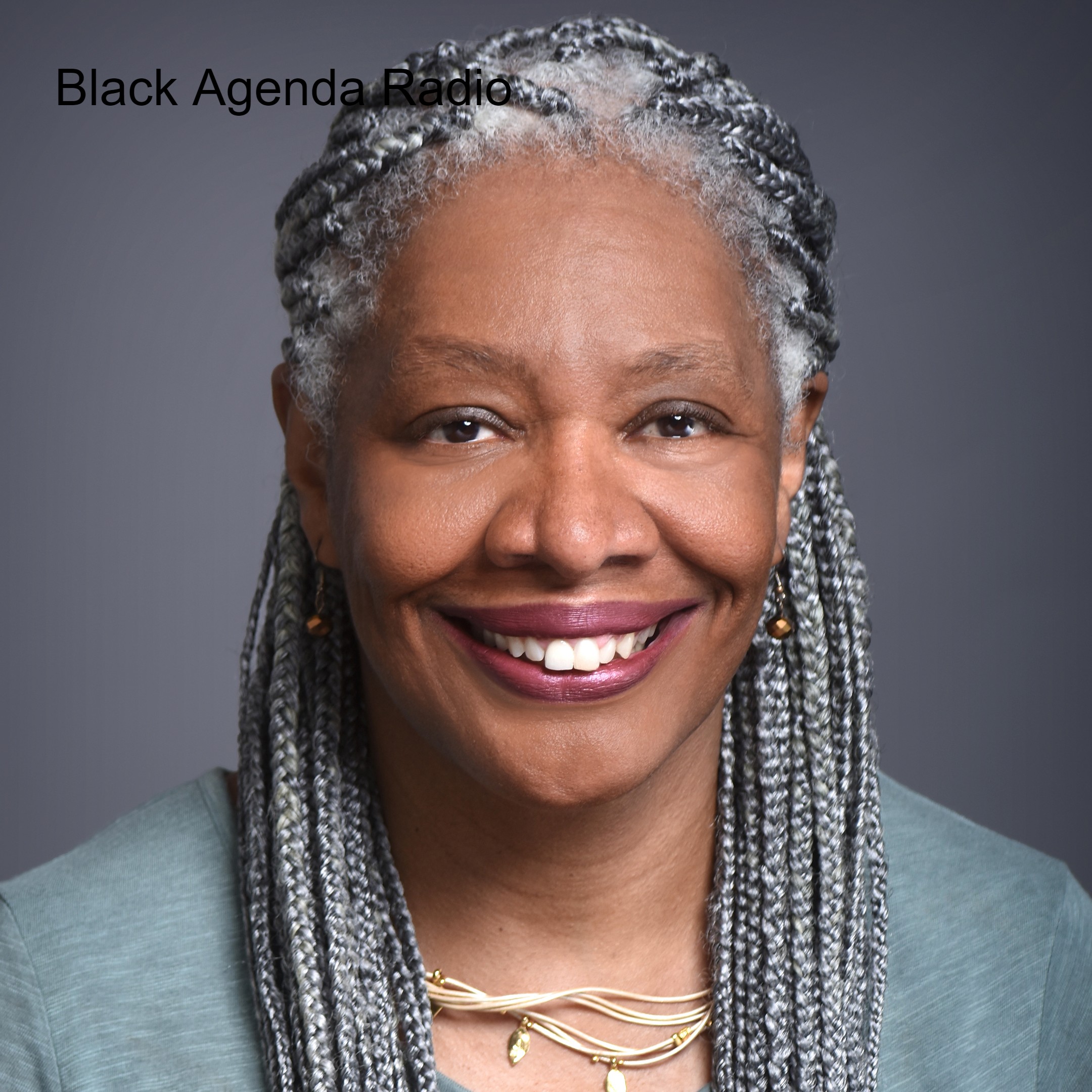Episodes

Monday Sep 14, 2020
Black Agenda Radio 09.14.20
Monday Sep 14, 2020
Monday Sep 14, 2020
Welcome to the radio magazine that brings you news, commentary and analysis from a Black Left perspective. I’m Margaret Kimberley, along with my co-host Glen Ford. Coming up: Dr. Gerald Horne’s new book explores the roots of white supremacy and capitalism, centuries ago, in colonialism and the slave trade. And, Malcolm X changed the way Black people saw themselves and their place in the world. We’ll discuss a new book on Malcolm, title “Black-Minded.”
But first – a Minneapolis judge is moving towards jury selection in the second degree murder trial of the policeman that killed George Floyd, setting off protests that put tens of millions in the streets. At the height of the turmoil the Minneapolis City council talked about getting rid of their police force in its present form. But Sam Martinez, of the Twin Cities Coalition for Justice for Jamar Clark, says there’s been no movement towards defunding or abolishing the police, and what’s needed is community control of the cops.
Unprecedented numbers of Americans of all races now claim to be part of the Black Lives Matter movement. But Americans, in general, know very little about the historical development of white supremacy. Dr. Gerald Horne is a professor of History and African American Studies at the University of Houston, and author of more than 30 books. His latest volume is titled, “The Dawning of the Apocalypse: The Roots of Slavery, White Supremacy, Settler Colonialism, and Capitalism in the Long Sixteenth Century.” If you want to understand why Black Lives don’t matter under the current system, says Dr. Horne, look to the events of five centuries ago.
More than a half century ago, Malcolm X left his indelible mark on the Black American mind. We spoke with Michael Sawyer, a professor of Race, Ethnicity, and Migration Studies at Colorado College, and author of a new book, titled “Black Minded: The Political Philosophy of Malcolm X.” Dr. Sawyer says Malcolm X shaped the modern era of Black politics – and his own way of looking at the world, as well.


No comments yet. Be the first to say something!